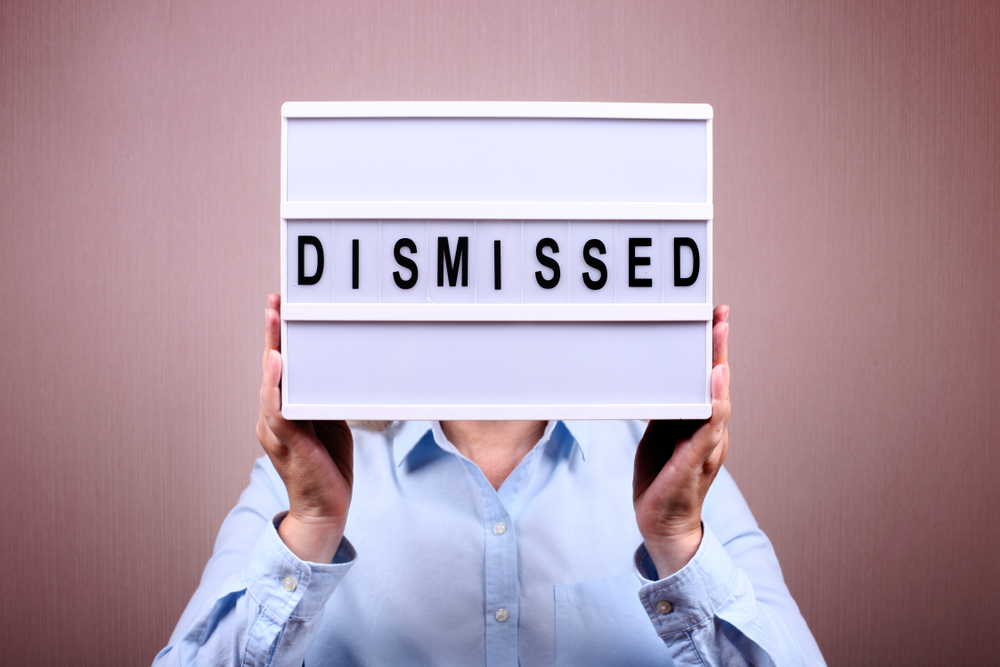Consider Prevailing Party Attorney’s Fees before Voluntarily Dismissing Case

Here is an important thing to note: do NOT just voluntarily dismiss a lawsuit where there is a basis for attorney’s fees because you could be liable for the other party’s fees. This was the unfortunate circumstance in Catamaran B.Y., Inc. v. Giordano, 47 Fla.L.Weekly D179a (Fla. 3d DCA 2022). This is an unfortunate circumstance you absolutely want to avoid.
In this case, a plaintiff voluntarily dismissed his lawsuit against the defendant without prejudice. The defendant then moved for attorney’s fees based on a contractual attorney’s fees provision between the parties. The trial court denied the defendant’s motion for attorney’s fees but the appellate court reversed.
The appellate court explained that the significant issues test governs to determine if a party is entitled to their attorney’s fees. (“[T]he party prevailing on the significant issues in the litigation is the party that should be considered the prevailing party for attorney’s fees.” Catamaran, B.Y., supra quoting Moritz v. Hoyt Enterprises, Inc., 604 So.2d 807, 810 (Fla. 1992)).
Florida has a general rule that a defendant is the prevailing party for purposes of attorney’s fees when a plaintiff voluntarily dismisses his case, absent limited exceptions. This is true even under the significant issues test. As simplified by the appellate court: “[Plaintiff] sued [defendant] for damages and failed to recover, therefore [defendant] is the prevailing party.” Catamaran, B.Y., supra.
Accordingly, before dismissing a lawsuit, consider the potential exposure of attorney’s fees as it may strategically dictate whether or not it is worth dismissing a lawsuit absent a settlement between the parties.
Please contact David Adelstein at dadelstein@gmail.com or (954) 361-4720 if you have questions or would like more information regarding this article. You can follow David Adelstein on Twitter @DavidAdelstein1.




